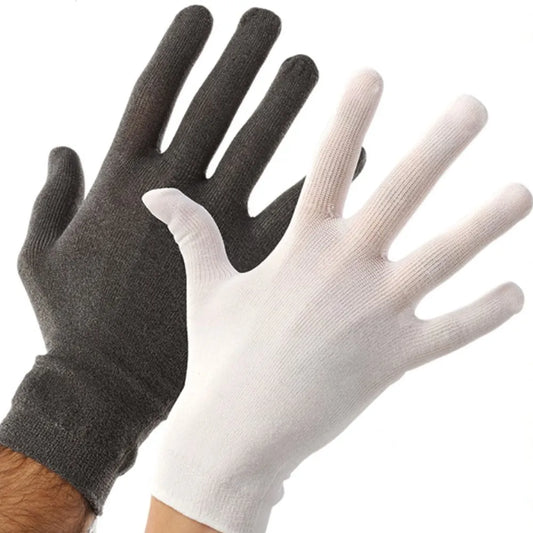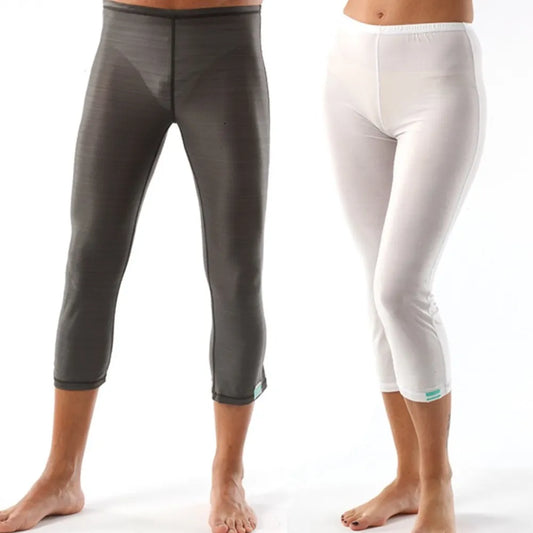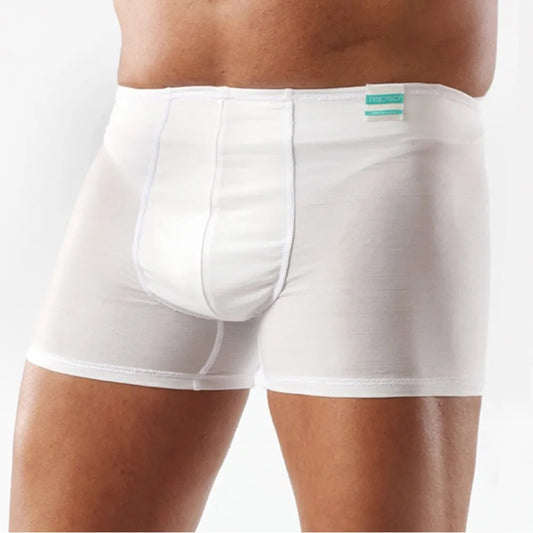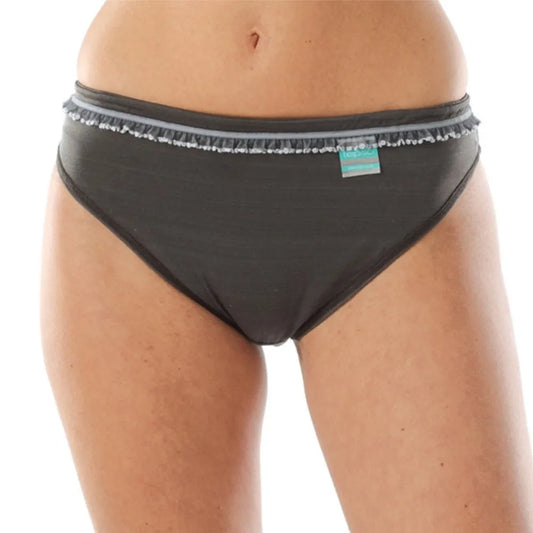Pregnancy does all sorts of strange things to your body: from strange food cravings to nosebleeds to itchy skin. If your eczema has flared up during pregnancy, you’re not alone. It’s also not uncommon for eczema to appear for the first time during pregnancy. That said, some lucky ladies find that their eczema clears up while they are pregnant.
How common is eczema in pregnancy?
Around 50% of expectant mothers with a history of eczema find that it reappears or gets worse during pregnancy. In my case, the first sign that I was pregnant was the itching behind my knees after years of being eczema free. Data is limited but flare-ups appear to be slightly more common in the second trimester. Conversely, around a quarter of expectant mums with a history of eczema find that it clears up during pregnancy, often to reappear postpartum1.
Eczema can also appear for the first time during pregnancy. Only around 20-40% of pregnant eczema sufferers have a history of eczema; the rest develop the condition during pregnancy. The good news is that in most cases, the eczema commonly clears or drops back to pre-existing levels after the baby has been born. However, in around 10% of cases it will flare-up in the postpartum period2.
Why does eczema flare-up in pregnancy?
While it’s not completely clear why eczema is so common in pregnancy, there is a growing consensus that surging oestrogen levels during pregnancy prompt changes in the immune system. While these changes stop the mother’s body from rejecting the baby, they also make the body more sensitive to the allergens like pollen, house dust mites, toiletries and detergents that can trigger eczema3.
A second possible cause of eczema flare-ups during pregnancy is stress. Having a child, especially a first child, is a huge life change and inevitably stressful to some degree. Stress is a well-documented eczema trigger in all adults. It causes a spike in the cortisol. The extra cortisol both suppresses the immune system and increases inflammation, both of which can contribute to eczema flare-ups.
Stretch marks and eczema
There’s no evidence of any relationship between pregnancy stretch marks and eczema. Just over half of women get stretch marks during pregnancy, usually in the last trimester. The ones who avoid them are typically older (over 25), come from families with a history of avoiding them and gained weight slowly during their pregnancies. There is no good evidence that any creams or oils reduce the risk of stretch marks developing, although they may reduce the itching or stretching skin4.
Your best chance for minimising stretch marks is to aim for slow and steady weight gain. Remember that eating for two doesn’t mean eating twice as much! Making sure that your diet is rich in vitamin C and D will also support your skin. It would also be sensible to minimise your use of strong steroid creams on your stomach as stretch marks are a known possible side-effect of these treatments.
How to treat eczema in pregnancy
There’s no avoiding the fact that having eczema is stressful. It makes concentration hard (when you’re already dealing with ‘baby brain’) and makes it even harder to sleep. Stress is known to have a negative impact on both mother and baby. Changes to the immune system during pregnancy mean that expectant mothers are also more prone to skin infections, some of which can have serious complications. Treating eczema promptly and effectively is the most effective way to avoid infections, reduce stress and minimise impact on sleep.
Emollients
There is no change to the standard treatment of mild to moderate eczema during pregnancy. Emollients continue to be the frontline treatment. If your eczema has flared-up, you may need to increase the number of times you apply your emollient or switch to a different formulation. If your skin is particularly itchy, and making sleep (even more) difficult, you may find that an itch suppressing cream helps (E45 itch relief cream was my saviour).
Avoid your triggers
Identifying and avoiding triggers can become more effective during pregnancy as changes in your immune system are likely to make your skin more sensitive to allergens and irritants. Toiletries and detergents that you haven’t had an issue with in the past can suddenly become problematic. Try switching to fragrance free detergents and keep an eye out for patterns in your eczema flare-ups linked to your toiletries.
Are topical steroid creams safe in pregnancy?
Yes. You can continue to treat flare-ups with steroid creams while you are pregnant. A large review of current research demonstrated that mild, moderate and potent topical steroids are all safe to use in short treatment bursts of up to two weeks during pregnancy5.
It can be tempting to ‘go natural’ and avoid using steroid creams for as long as possible in the hope that a flare subsides but itself. However, this runs the risk that if the flare gets worse it can take longer, and need more steroid creams, to get under control. Treating flare-ups with steroid creams early typically reduces the overall usage.
Treatments for severe eczema in pregnancy
If your eczema becomes very severe, other treatment options are available. These include calcineurin inhibitors and UVB phototherapy. These are safe to use in pregnancy but should be used under medical supervision.
When to contact your midwife or doctor
Cholestasis
If your skin is itching without an obvious rash, is worse on the palms and soles, is worse at night (not just more noticeable) and your wee is darker and your poo lighter than usual, you may be suffering from cholestasis, a liver disorder. Typically cholestasis appears at around 28 weeks, but can develop earlier. This condition needs monitoring so it’s important to talk to your midwife or doctor.
Eczema herpeticum
Eczema herpeticum is the infection of eczema with the herpes simplex virus characterised by clusters of small, painful, and itchy blisters. While this is a rare infection, it can result in serious complications. Prompt diagnosis and treatment are needed to ensure a healthy outcome for both mother and baby.
Our sources
-
Kemmett, D., & Tidman, M. (1991, July). The influence of the menstrual cycle and pregnancy on atopic dermatitis. British Journal of Dermatology. https://pubmed.ncbi.nlm.nih.gov/1873205/
-
Weatherhead, S., Robson, S., & Reynolds, N. (2007, July 21). Eczema in pregnancy. BMJ (Clinical research ed.). https://pmc.ncbi.nlm.nih.gov/articles/PMC1925231/
-
Böhm, I., & Bauer, R. (1997). Th1-Zellen, Th2-Zellen und atopische Dermatitis [Th1 cells, Th2 cells and atopic dermatitis]. Hautarzt. https://pubmed.ncbi.nlm.nih.gov/9206708/
-
Picard, D., et al. (2015, October). Incidence and risk factors for striae gravidarum. Journal of the American Academy of Dermatology. https://www.jaad.org/article/S0190-9622(15)01816-2/fulltext
-
Chi, C., et al. (2015, October). Safety of topical corticosteroids in pregnancy. The Cochrane database of systematic reviews. https://pubmed.ncbi.nlm.nih.gov/26497573/





